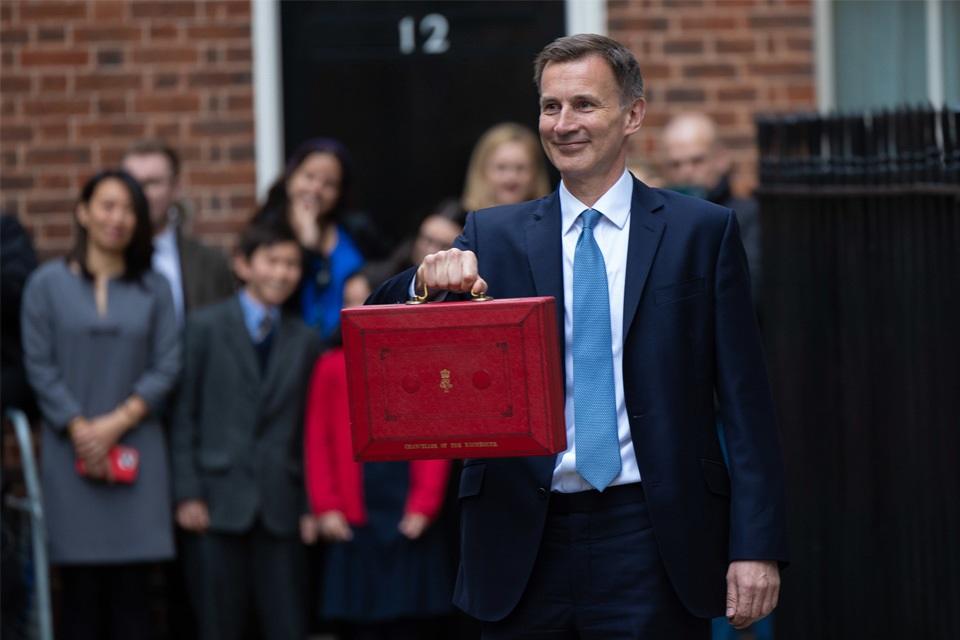UK Classifies Nuclear as “Environmentally Sustainable” in Green Taxonomy
Nuclear power will be classified as “environmentally sustainable” under the UK’s upcoming green taxonomy, with access to the same investment incentives provided for renewable energy, in a move aimed at encouraging private investment, according to Chancellor of the Exchequer, Jeremy Hunt.
The announcement was made Wednesday as part of Hunt’s first budget speech as Chancellor, during which Hunt said that nuclear would provide a “critical source of cheap and reliable energy,” and that “increasing nuclear capacity is vital to meet our Net Zero obligations.”
The initiative to develop a green taxonomy was initiated in 2020 by then-Chancellor Rishi Sunak, in order to provide a common framework for determining which activities can be defined as environmentally sustainable, and to improve understanding of the impact of firms’ activities and investments on the environment while supporting the transition to a sustainable economy. The regulation was initially planned to be passed into law in late 2022, but has been delayed until at least later this year.
The UK’s Taxonomy initiative follows the recent passage of the EU Taxonomy, which included nuclear power, although the addition of nuclear and gas proved controversial, with some member states, and the European Commission’s own sustainable finance advisory group opposed to their inclusion, noting problems including potentially adversely affecting other taxonomy objectives such as circular economy, pollution prevention and water and marine, and potential long-term problems from managing nuclear waste.
In his budget speech, Hunt noted that the UK has made significant renewable energy investments over the past few years, increasing “the proportion of electricity generated from renewables from under 10% to nearly 40%,” but added:
“But because the wind doesn’t always blow and the sun doesn’t always shine, we will need another critical source of cheap and reliable energy.
“And that is nuclear.”
Additional climate-focused initiatives in the budget included the allocation of £20 billion to support the early development of Carbon Capture Usage and Storage (CCUS), along with additional measures focused on improving energy efficiency.
While sustainable investment and finance groups welcomed the budget’s climate-focused measures, they criticized Hunt for not going further to drive the UK’s net zero efforts, or addressing the need to respond to major clean energy and industry packages launched by the U.S. and EU, such as the Inflation Reduction Act, and the Green Industrial Plan, respectively.
UK Sustainable Investment and Finance Association (UKSIF) CEO James Alexander said:
“While a number of today’s Budget measures are welcome, including support for carbon capture and storage technologies and some clarity provided on the UK’s ‘green taxonomy’, this Budget should have begun serious consideration of a positive UK response to the global clean energy ‘arms race.”
The budget states that the government will outline more actions later this month targeting energy security and the UK’s net zero commitments.





